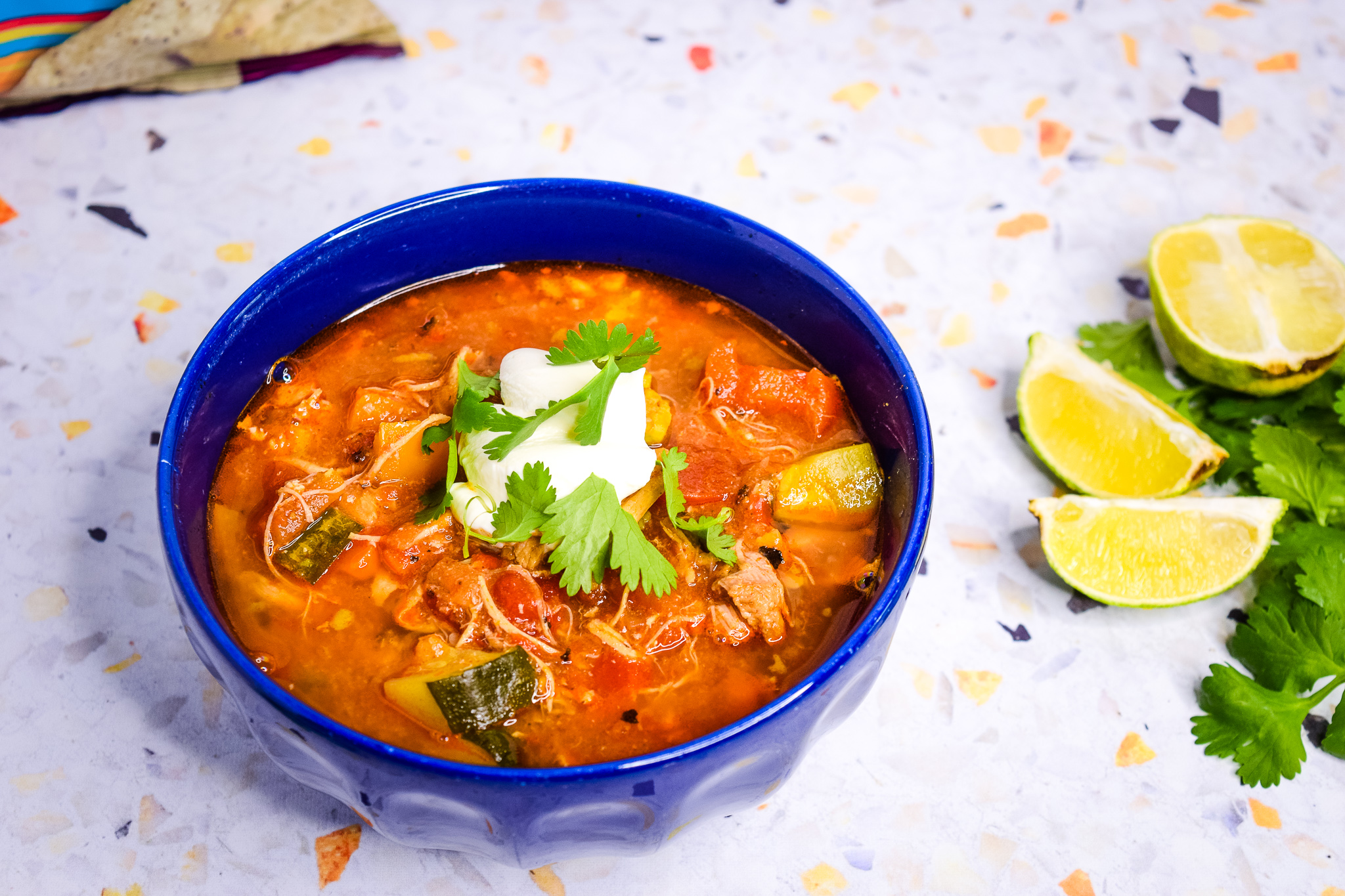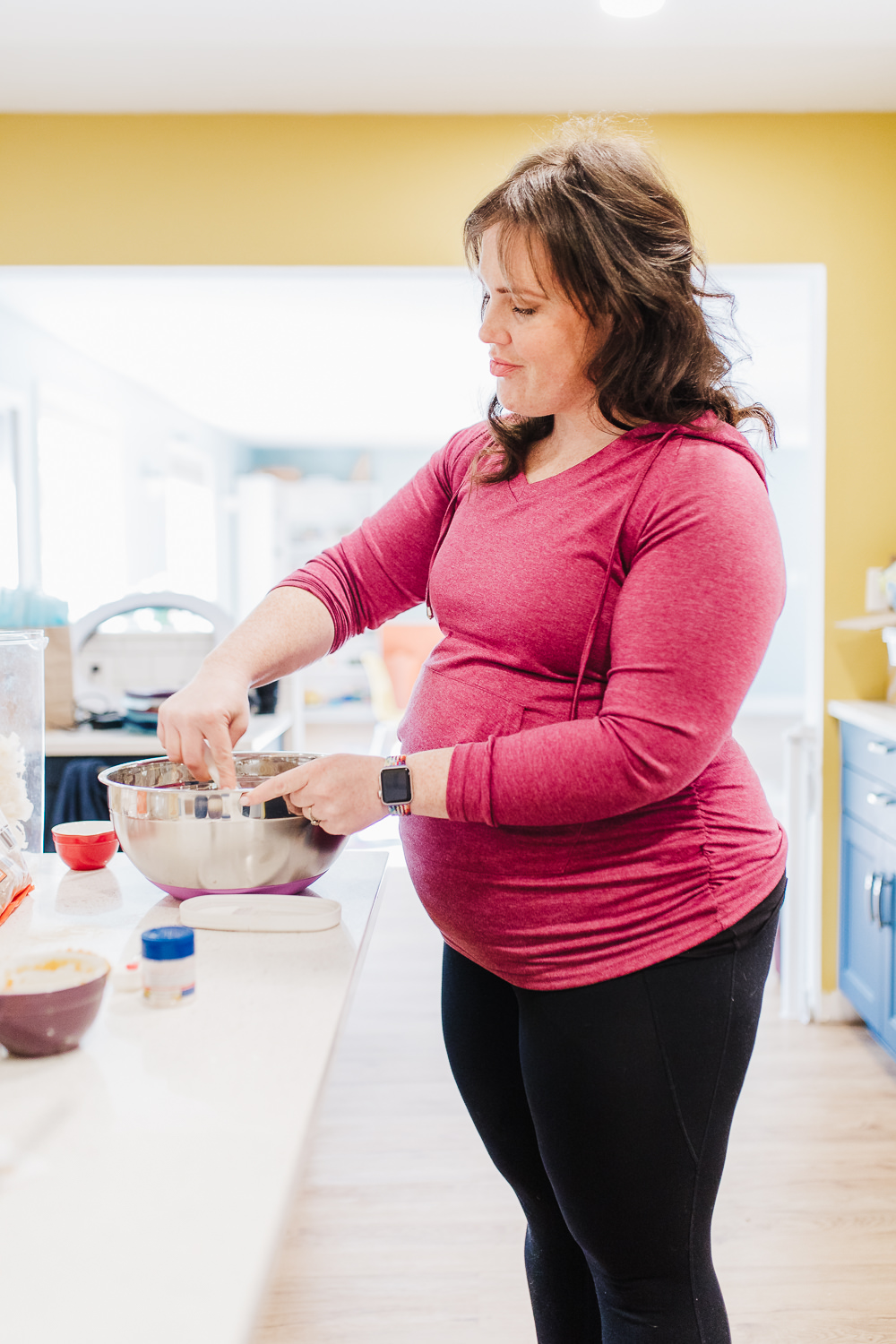Programs
Blog
About
PRegnant
LifeStyle
Postpartum
EXPECTING A BABY IN THE NEXT FEW MONTHS?
DOWNLOAD MY FREE POSTPARTUM ESSENTIALS CHECKLIST
Hi, I'm Liz!
I'm a chocolate-loving nutritionist,
pre & postnatal coach, doula and let's face it- total birth nerd 🤓.
I'm here to help you cut through mommy-marketing and pinterest perfection to confidently cultivate a pregnancy and postpartum experience you totally love.
Let's Connect
RECIPES
BREAKfast
beverages
main dish
dips & Dressings
salads & Sides
snacks
soups
treats
instant pot
one dish meals
quick meals
Pregnancy
Birth Planning
FIrst Trimester
Second Trimester
THird Trimester
Postpartum
Postpartum Planning
FOurth Trimester
REcovery
wellbeing
Fitness
Pregnancy Loss
Understanding Loss
Recovery After Loss
Friends & Family SUpport
PArent Life
Pregnant?
Check out the
5 core exercises you need to know!
Take the stress off your plate! Download
Meals Made Simple!
i need this!
Yes Please!
shop SAfer at beautycounter
Get the BEst Non-toxic Deodorant!
FItness
Nutrition
Nutrition
Grief & wellbeing
Pregnancy After Loss
Understanding Loss
Recovery After Loss
Friends & Family SUpport
Grief & wellbeing
Pregnancy After Loss
Understanding Loss
Recovery After Loss
infant & Toddler Feeding
Grief & wellbeing
Pregnancy After Loss
Newborn Care
Family Dynamics
PArent Relationships
lactation
Pregnancy After Loss
Do you really need to take prenatal supplements?
You’re newly pregnant. Congratulations! Maybe you’re celebrating, doing a little dance, or maybe you’re still processing and letting the news really settle in. After a few important phone calls and conversations, the prenatal checklist of do’s and don’t’s starts to emerge. Less alcohol, more water. Less sugar, more vegetables. And of course, you start taking your prenatal supplements.
But here’s the question I get regularly…
“What if I’m already eating a really solid nutrient-dense diet? Shouldn’t I be able to just eat more and get everything I need from food?”
Do I really need to take a supplement on top of my diet?
During pregnancy the need for protein, fat, carbohydrates and water increase, but the need for micronutrients increases greatly as well. Micronutrients are the vitamins and minerals found in food.
While everyone’s dietary needs differ, the short answer is: yes, you should be taking a prenatal supplement even if you are eating the best diet for pregnancy. It can be difficult to get all the necessary nutrients, even with a whole food diet. Due to modern farming practices, seasonal produce availability and soil mineral depletion, foods may not actually contain all the nutrients you’ve been depending on. Digestive health, stress, and lifestyle also impact the body’s ability to absorb and efficiently use nutrients.
This is where the extra oomph provided by prenatal supplements can really help reach or maintain optimal nutrient levels for you and your growing baby!

The RDA (recommended dietary allowance) for pregnant women may not be entirely accurate.
Due to the limitations on research in pregnant women, the RDA values for pregnancy are based off values for non-pregnant and non-lactating women with an increment added to account for pregnancy. (1) This estimate of recommended allowances is particularly concerning because it does not factor in the changes in absorption or excretion women experience throughout pregnancy. (1) In some studies, researchers have found that RDA for certain nutrients may actually be up to 3x higher for pregnant women! (2) That is a lot of vitamin B12 a pregnant women may be missing out on. This may also be the case with other vitamins during pregnancy like vitamin B6 and vitamin D. (3)
So think of your supplement as just that: a supplement to your diet rather than a replacement of your diet.
It’s an insurance policy. Taking a prenatal doesn’t negate the need for varied diet with lots of plants, animals fats, meat, fish and nuts/seeds. However, having a good quality prenatal supplement will help to improve outcomes for you and baby.
Want to learn more about which prenatal supplements we recommend? Check out our Top 5 Prenatal Supplements!
If you’re looking for more nutrition, fitness and lifestyle support so you can THRIVE though pregnancy, be sure to check out our online pregnancy program: Prenatal Power! This program comes with 6+ weeks of workouts, 18 exclusive recipes, prenatal nutrition guide and more to help you feel powerful through pregnancy.
References:
-
Ladipo OA. Nutrition in pregnancy: mineral and vitamin supplements. Am J Clin Nutr. 2000 Jul;72(1 Suppl):280S-290S.
-
Bae S, et. al. Vitamin B-12 status differs among pregnant, lactating, and control women with equivalent nutrient intakes. The Journal of Nutrition. 2015;145(7):1507-1514.
-
Nichols L. Real food for pregnancy: the science and wisdom of optimal prenatal nutrition. San Bernardino, CA; 2018.
Edited by: Liz Winters, NTP

Related
June 15, 2018
Liz Winters
The post may contain affiliate links and the site may earn a commission on some products.
Every item on this page is chosen and recommended by the LWW team.
Read more about our Affiliate Disclosure here.
Holiday hits
Don’t miss these!
Want to add a little ease to your routine as a parent?
Get all my favorite tips, tricks and recipes delivered straight to your inbox.
start here
blog
work with liz
programs
non-toxic living
podcast
contact
© 2021 LIZ WINTERS WELLNESS // WEBSITE BY PINEGATE ROAD
Terms & Conditions
start here
blog
work with liz
PROGRAMS
non-toxic living
podcast
contact
© 2021 LIZ WINTERS WELLNESS // WEBSITE BY PINEGATE ROAD
Terms & Conditions
BADASS Birther's Club
Postpartum Recovery After Pregnancy Loss
How to Support Loved Ones After Loss
start here
blog
work with liz
PROGRAMS
non-toxic living
podcast
contact
© 2021 LIZ WINTERS WELLNESS // WEBSITE BY PINEGATE ROAD
Terms & Conditions
Pregnant
Postpartum



